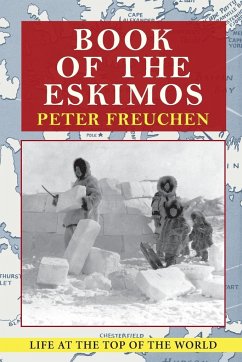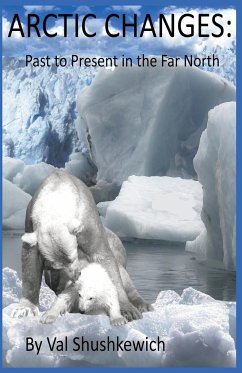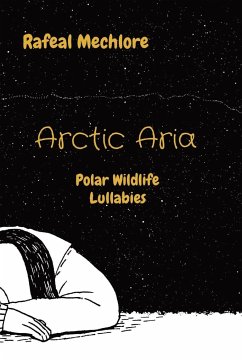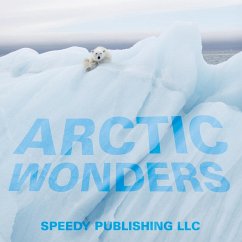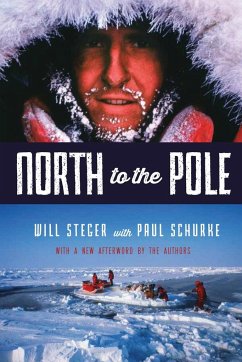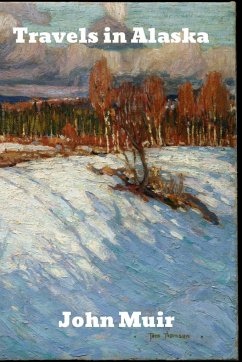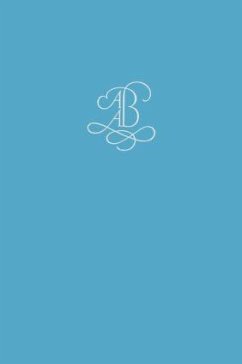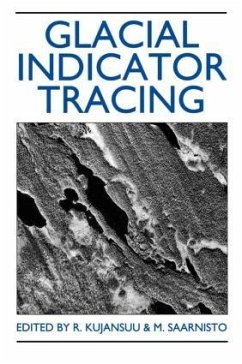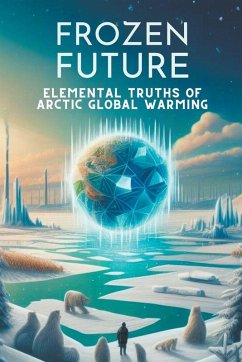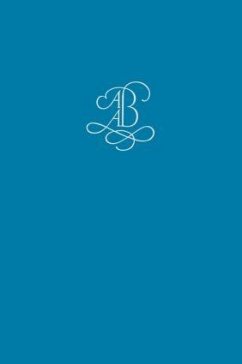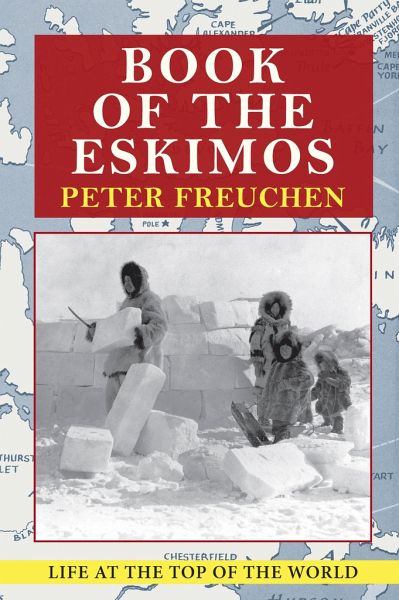
Book of the Eskimos

PAYBACK Punkte
18 °P sammeln!
Experience Life Among the World's Northernmost People Throughout history, few cultures have seemed more mysterious than the native hunter-gatherer societies of the far north. These nomadic people often thrived in unforgiving conditions on frozen, treeless terrain above the Arctic Circle, where mere survival was an everyday challenge. Known among themselves simply as the People, the Inuit men and women that Europeans called "Eskimos" existed for centuries in harmony with the unforgiving natural world around them; when times were good they prospered on natural bounties, and when times were bad t...
Experience Life Among the World's Northernmost People Throughout history, few cultures have seemed more mysterious than the native hunter-gatherer societies of the far north. These nomadic people often thrived in unforgiving conditions on frozen, treeless terrain above the Arctic Circle, where mere survival was an everyday challenge. Known among themselves simply as the People, the Inuit men and women that Europeans called "Eskimos" existed for centuries in harmony with the unforgiving natural world around them; when times were good they prospered on natural bounties, and when times were bad they overcame the bleakest of conditions just to make it through. Prior to their contact with many other Europeans in the early twentieth century, Danish explorer Peter Freuchen befriended and lived among the Inuit in Greenland. He studied their language and ways of life firsthand, eventually marrying and having children with an Inuit woman there. Since they were a people with no written language, Freuchen's captivating observations offered the rest of the world some of the earliest eyewitness accounts of "Eskimo" lifestyle. Before his account was published, Western writers often romanticized the life of the Inuit; where others pictured a near-mythological life of hardship in an inhospitable landscape of icy bleakness, Freuchen revealed the tapestry of a rich and storied culture set in a world of raw beauty. Examining pre-westernized Inuit societies in Greenland, northern Canada, and Alaska, Freuchen's Book of the Eskimos is a rare and uniquely personal portrait of the indigenous people of the Arctic. Brimming with fascinating information, color, humor, and warmth, this classic chronicle of the everyday lives and customs of these resourceful communities and families offers a completely engaging immersion into a foreign land and an excellent introduction to the tenacious people living at the top of the world. This book is also available from Echo Point Books as a paperback (ISBN 1648372716).





